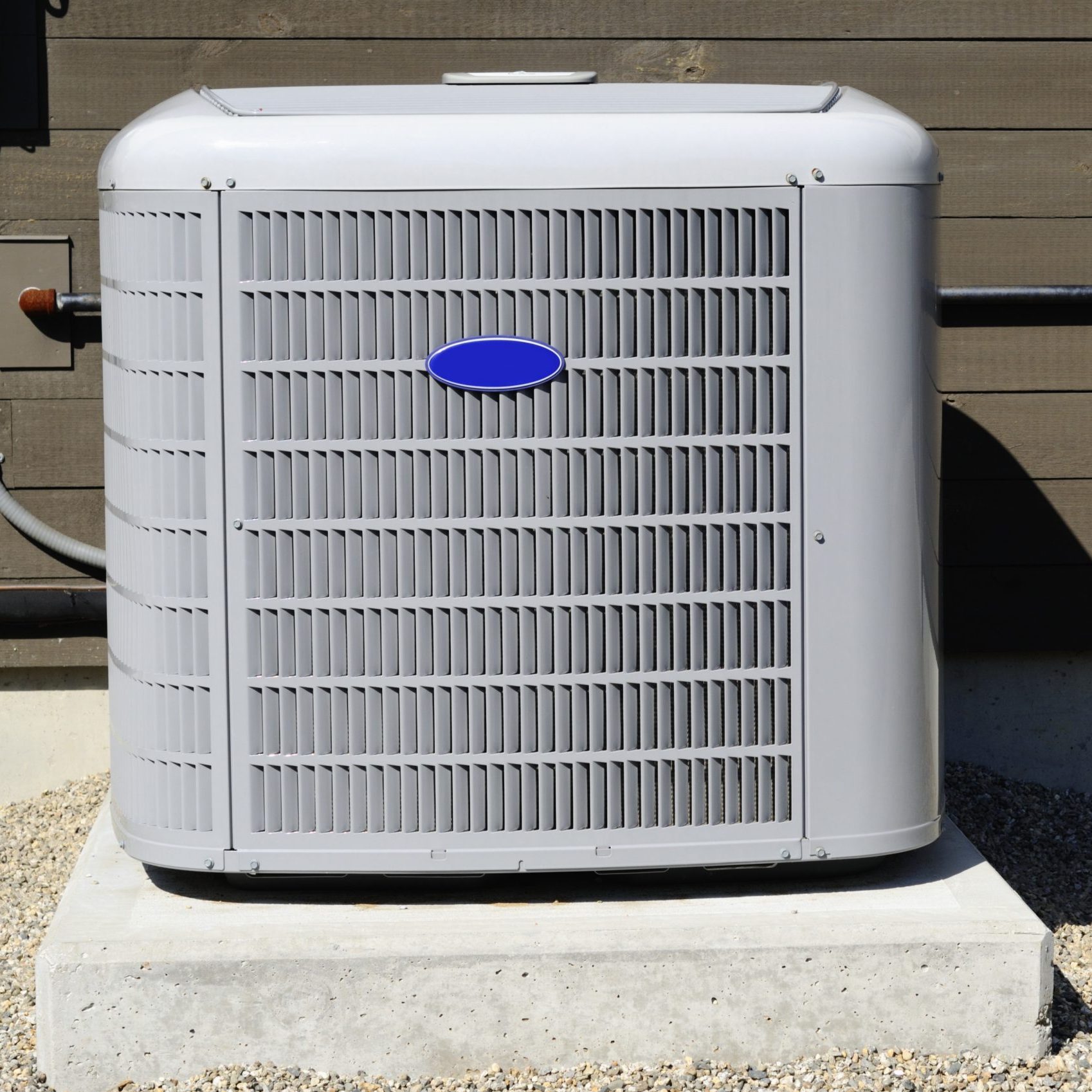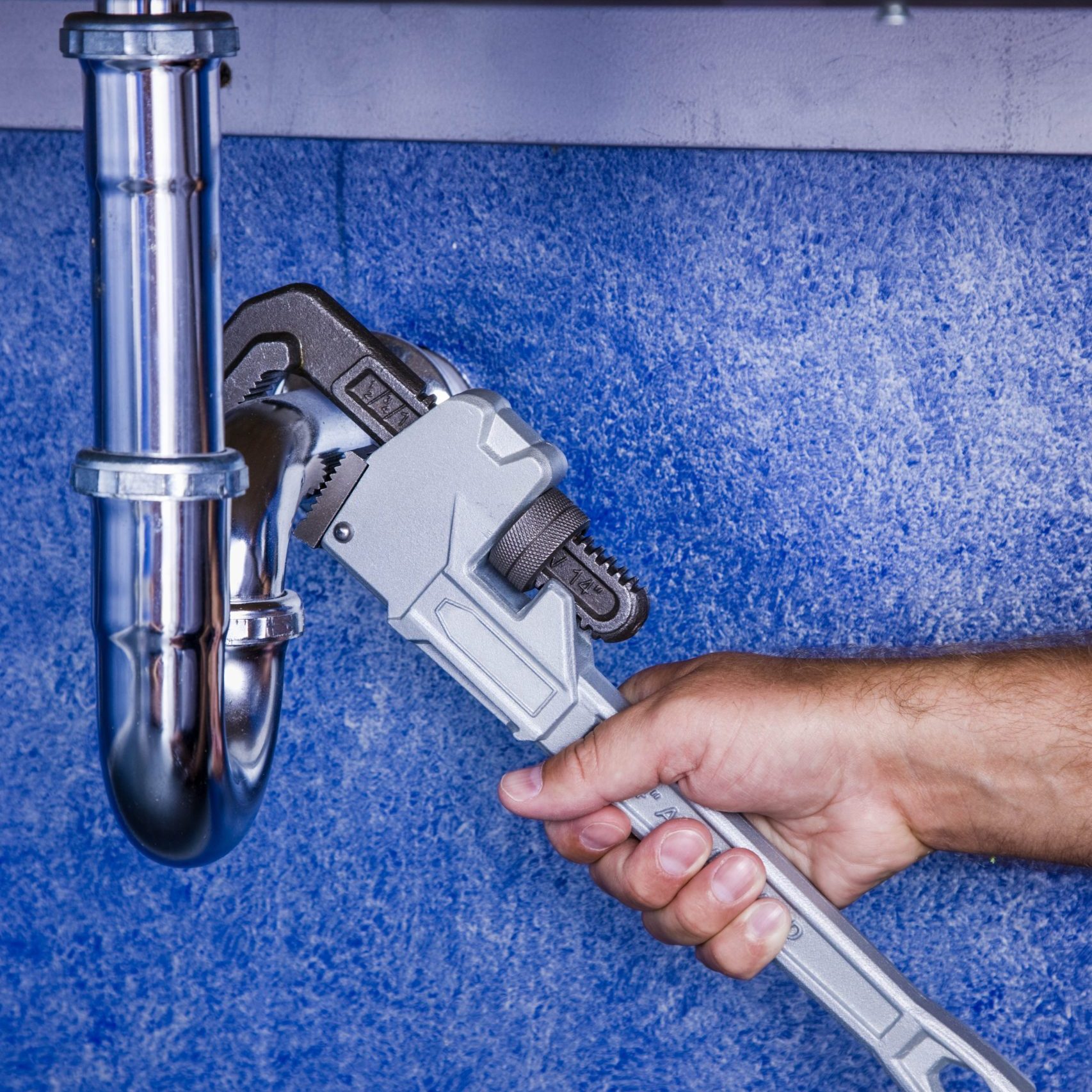Air conditioners are a lifeline come the dog days of summer, when soaring temperatures make a well-cooled home a welcome respite from the outdoors. Maintaining an AC unit ensures it will be there to keep everyone cool when the mercury rises. The following are some steps homeowners can take to keep their AC units in tip-top shape this summer.
Replace The Air Filter On The Unit
Dirt, dust, debris, and pollen can quickly fill the filter on an AC unit. Replacing these filters prior to summer can make the unit operate more efficiently and keep cool air circulating throughout the house all summer. Homeowners can first identify which type of unit they have and then find an online tutorial to see how to replace the filter. Some filters are more expensive than others, but the cost is still low and the energy savings can be substantial.
Schedule Annual Maintenance On The Unit
Routine maintenance performed by a local HVAC technician is another way to ensure an AC unit is running at peak capacity when it’s most needed. Such maintenance is perhaps most effective in spring, as that ensures the unit is running strong from the first heat wave of the summer all the way through Labor Day. HVAC technicians can identify problems and recommend services that homeowners may not recognize they need until it’s already hot out. Annual maintenance appointments also give HVAC professionals a chance to assess a system compared to the previous year, which can help them identify if a unit is nearing its end. That can ensure homeowners are not caught off guard when the unit needs to replaced.
Help The Unit Make It Through The Summer
Whether it’s a typical summer or one marked by a handful of heat waves, AC units can use a little help to get through the season. Closing curtains throughout the house on hot afternoons is a natural way to keep a home cool during a heat wave, and that can cut back on home cooling costs and protect a unit from being overworked. Ceiling fans also can be installed to keep rooms cool and circulate air, which also makes a hot summer a little less taxing on an AC unit.
Use A Programmable Thermostat
Programmable thermostats allow homeowners to set the temperatures inside their homes throughout the day. If no one is home during the afternoon, there’s no reason to have the AC cranking. Program the thermostat so the house is comfortable when people are home, but raise the desired temperature when no one is around. That gives the AC unit a break during the day and can help to dramatically reduce the cost of cooling the home.
AC units will not last forever, but some simple maintenance can improve their life expectancy and keep homes comfortable throughout the summer.













